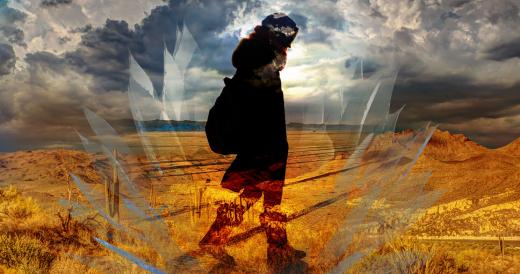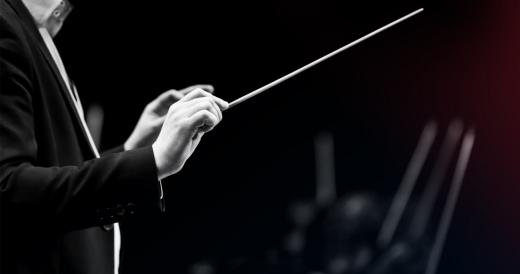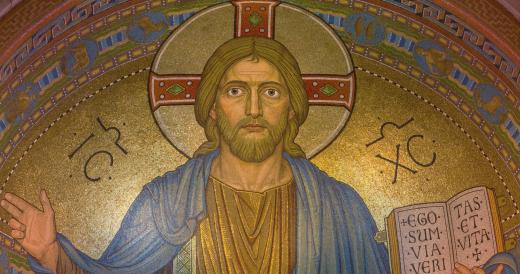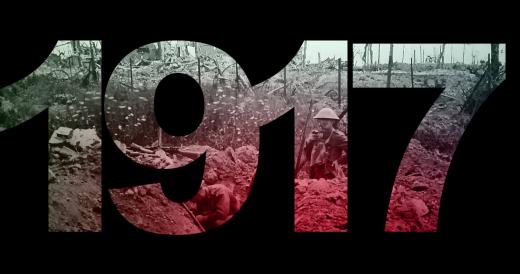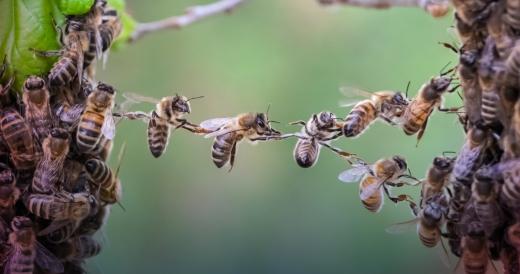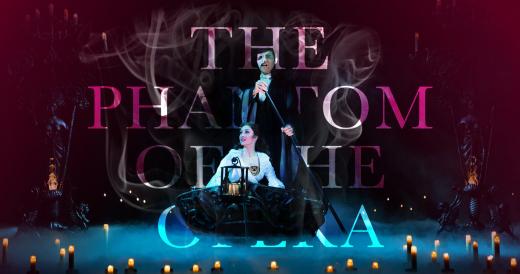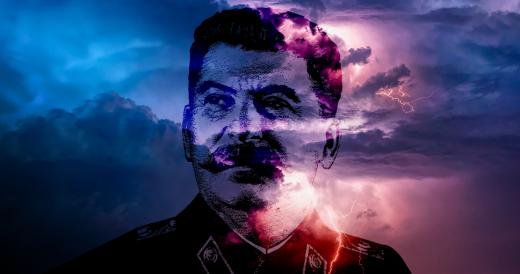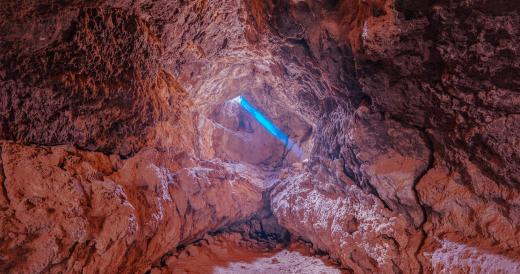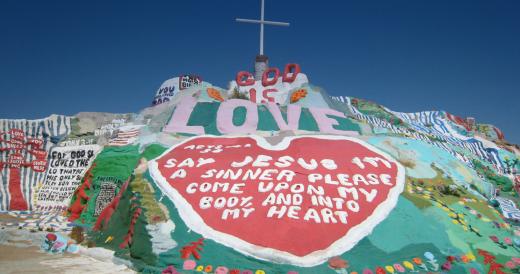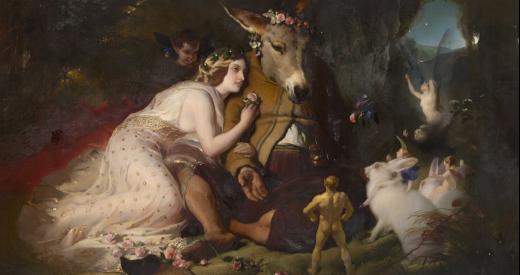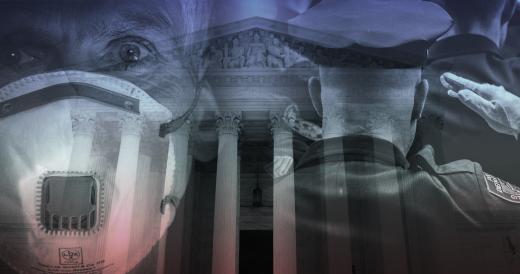Course Archive
Summer 2022
Steve Smith
Thursdays
10 Am - 12 PM (AZ Time)
Jun 2 to Jul 7
Attend In Person OR Online!
See Below for full details about our new Hybrid courses
Arid and semiarid environments, commonly known as "deserts," make up about one-third of the earth's land surface and are home to more than one billion people. We will begin this course by discussing the geographical features of desert regions, answering seemingly simple questions: What is a desert, and why do they occur where they do? While humans are particularly maladapted to life in deserts, many other organisms present in these environments exhibit remarkable and compelling adaptations to aridity and...
Matthew Mugmon
Fridays
10 AM - 12 PM
Apr 29 to May 27
Attend In Person OR Online!
See Below for full details about our new Hybrid courses
Leonard Bernstein embraced a remarkable range of roles in his career, including composer, conductor, pianist, educator, multimedia pioneer, and engaged citizen. This course presents him as one of our towering cultural figures. We will examine the intersections among Bernstein's musical activities, his personal and intellectual life, and their shifting political and social contexts. We will focus on Bernstein's multifaceted contributions to American classical music; his connections with politics; his advocacy...
Albert Welter
Thursdays
10 AM - 12 PM (AZ Time)
Apr 28 to May 26
Attend In Person OR Online!
See Below for full details about our new Hybrid courses
The Hangzhou region has long been one of China's most important cultural hubs and has had a wide-ranging impact on Chinese culture and Buddhism throughout East Asia. It came to prominence in the 10th century, when Hangzhou served as the capital of the independent state of Wuyue. It was instrumental in spreading Chan Buddhism to Japan as Zen and Korea as Seon. The Buddhist institutional network developed in the Hangzhou region and was transferred to Japan, where it served as a model for a new framework of...
Courtney Friesen
Mondays
1 PM - 4 PM (AZ Time)
Apr 25 to May 16
Attend In Person OR Online!
See Below for full details about our new Hybrid courses
The Christian religion is inextricably bound up with contemporary culture in America and around the globe. Yet, even after centuries of scholarly inquiry, numerous questions regarding its historical origins remain contested and unanswered. This course probes several: How did Jesus of Nazareth, the son of an obscure carpenter, come to be worshiped as the eternal son of God? How did his death, at the hands of the Romans, come to be interpreted as a means of salvation for the world? And how, in the wake of this...
Spring 2022
Charles Scruggs
Thursdays
1 PM - 4 PM (AZ Time)
Mar 17 to Apr 14
Attend In Person OR Online!
See Below for full details about our new Hybrid courses
This course centers on the recent, brilliant film 1917 as a touchstone for discussing the literature, film, music, and painting of World War I. Sam Mendez’s movie was nominated for ten academy awards, including best picture, in 2020. The course focuses on four themes: the landscape of the war as surreal; the visual relationship of the film to the painters and poets who depicted the war in vivid terms; the specific allusions to famous literary texts such as Ernest Hemingway’s Farewell to Arms (1929) and...
Chris Impey
Tuesdays
9 AM - 12 PM (AZ Time)
Mar 15 to Apr 12
Attend In Person OR Online!
See Below for full details about our new Hybrid courses
This course will cover the history of the oldest field of science, from prehistory and the ancient Greeks to research on the earliest instants of our 14-billion-year-old universe. We will be looking at the history of ideas and discoveries and the more profound questions of how knowledge is created. This class addresses fundamental issues of time, space, and our place in the universe.
NEW - Hybrid Course Format
All classes will be delivered both in person and online via live video streaming. Students will...
Judith Bronstein
Mondays
10 AM - 12 PM (AZ Time)
Mar 14 to Apr 11
Attend In Person OR Online!
See Below for full details about our new Hybrid courses
Birds do it. Bees do it. Microbes do it, and people do it. Throughout nature organisms cooperate with each other. Humans have always been deeply attracted to the idea of cooperation–yet we regularly succumb to the temptation to cheat. Why cooperate when it is so easy to get what we want by cheating? We will examine this fundamental dilemma by looking at species other than our own, from microbes to mammals, both within and between species. Taking ecological and evolutionary approaches, we will explore the...
Richard Poss
Fridays
9 Am - 12 PM (AZ Time)
Feb 4 to Apr 15
Attend In Person OR Online!
See Below for full details about our new Hybrid courses
In this course we will dive into classic works of science fiction, from the origins of the genre in the works of Jules Verne and H. G. Wells to the “golden age” masters Clarke, Bradbury, Heinlein, and Asimov. In addition there are a host of other writers (Leigh Brackett, Poul Anderson, Theodore Sturgeon, Philip K. Dick, Frederik Pohl, Keith Laumer, etc.) who produced excellent work, and we will examine them as well as prominent science fiction movies of the period.
NEW - Hybrid Course Format
All classes will...
Clare Robinson
Thursdays
10 AM - 12 PM
Feb 3 to Apr 14
Attend In Person OR Online!
See Below for full details about our new Hybrid courses
This course surveys twentieth-century architectural and urban theory by focusing on key themes and modalities of design practice that inform its purpose and philosophies. Modern architecture is modern because it incorporates theory in its technological and spatial orientation. That theory is primarily written, but it also includes built works and unbuilt work in the form of models, drawings, photographs, and films. Examining both the built and unbuilt, this course explores the development of modern...
Jerry Hogle
Thursdays
1 PM - 3 PM (AZ Time)
Feb 3 to Mar 3
This course analyzes and traces the history of Gaston Leroux's The Phantom of the Opera from the novel through several adaptations to get at the reasons why--like Frankenstein and Dracula--this Gothic tale has deep symbolic significance for Western audiences. We start with the Leroux’s basic ingredients and the significance of how he combined them. Then we turn to the "cultural unconscious" of his time, the quest for human identity in the West, and what is "monsterized" so that quest can attain its goal. Noting how this story is often significantly changed in its many reincarnations, we will...
Adele Barker
Wednesdays
10 AM - 12 PM
Feb 2 to Apr 13
Attend In Person OR Online!
See Below for full details about our new Hybrid courses
There are people and epochs in history that are never entirely put to rest, chief among them the figure of Stalin. Among many Russians today there remains a nostalgic longing for the strong-arm figure he represented and for the leader who brought victory in World War II. However, for many he was the pathological dictator who sent over 20,000,000 to their deaths in the gulag, who placed artists in cultural straitjackets, and who created unprecedented famine through forced collectivization. Was the Stalin era a...
Peter Medine
Wednesdays
1 PM - 4 PM
Feb 2 to Apr 13
Attend In Person OR Online!
See Below for full details about our new Hybrid courses
We will study four Jane Austen novels and the reasons for their perennial appeal. Austen combines the patterns of romance—where the principal couple surmounts obstacles separating them and eventually marry—and the Bildungsroman—where the lovers come to know one another and thereby gain self-knowledge. She relies heavily on the narrative technique of "free indirect discourse." The expression of thoughts and feelings comes not directly from an authoritative narrator but indirectly as if from within the...
Bella Vivante
Tuesdays
1 PM - 3 PM
Feb 1 to Apr 12
Attend In Person OR Online!
See Below for full details about our new Hybrid courses
Ever fascinating, ancient Greek mythology still inspires multimedia creative expressions. We will see why as we thematically explore a diverse array of delightful ancient tales. First, creation tales of the earth and deities, gender, and generational conflicts that end with the god Zeus as supreme ruler. Then on to particular deities and their importance in Greek ritual and culture. Next, the hero tales grouped into dramatic epic clusters—the culture heroes Herakles, Theseus, Jason and the Argonauts, Oedipus...
Jay Quade
Mondays
10 AM - 12 PM (AZ Time)
Jan 31 to Feb 28
Attend In Person OR Online!
See Below for full details about our new Hybrid courses
This course looks at Earth’s history from beginning to end, focusing on key events or processes that have shaped our planet, the emergence of life, and our species. I have traveled widely and can tell many stories that I hope will make the course exciting. We will cover five key topics and end with some speculation about how intriguing our time period will appear to geologists and tourists millions of years from now: Earth’s evolution and the emergence of oxygen; mountain building and Earth’s climate; major...
Michael McKenna
Mondays
1 PM - 4 PM
Jan 31 to Apr 11
Attend In Person OR Online!
See Below for full details about our new Hybrid courses
This course is devoted to applying a range of competing moral theories to contemporary moral problems like euthanasia and physician-assisted suicide, world famine, the moral basis for and limits to war (just-war theory), the nature and wrongness of racism and sexism, the proper aims of genetic enhancement and cloning, immigration policy, the moral status of nonhuman animals, and abortion. We will cover between eight and ten different topics, reading articles on these topics by some of the world’s leading...
Fall 2021
Paul Ivey
Mondays
1 PM - 4 PM
Nov 1 to Nov 29
In this course we will consider historical and contemporary examples of architecture and the visual arts concerned with defining and engaging the spiritual and the sacred. This series of lectures will cover primarily American examples of religious utopian communal settlement, outsider art, alternative, esoteric, and new age spirituality in art, architecture, and cinema, roadside religion, memorials, and contemporary religious art and architecture.
NEW - Hybrid Course Format
All classes will be delivered both in person and online via live video streaming. Students will enroll in their...
Meg Lota Brown
Tuesdays
1 PM - 4 PM
Oct 26 to Nov 16
NEW! HSP Deep Dive Seminar
The social, economic, religious, and political instability of the Renaissance informed some of the most brilliantly anxious literature in the history of England. As some authors strained to construct coherent identities, hierarchies, and worldviews, others challenged received notions about what is sacred, natural, or true. In the midst of such tensions the writers we will discuss produced gorgeous, funny, complicated, disturbing, and infinitely interesting works of poetry, prose, and drama. Our focus will be on the conjunction of violence, gender, and the unknown....
Greg Sakall
Mondays
6 PM - 8 PM (AZ Time)
Oct 25 to Nov 22
The COVID-19 pandemic has given rise to many legal and sociopolitical debates. This course will review the US Supreme Court's role in those debates. The course will start off with a review of the Court’s 2020-2021 term. We will then explore in greater detail issues including individual liberties, compulsory vaccinations, COVID regulations and religious objections to the same, and qualified immunity for law enforcement officers. Readings will focus on recent and historical Supreme Court decisions, and discussion will be encouraged. The final lecture will look ahead toward the cases and issues...
James Watson
Wednesdays
10 AM - 12 PM (AZ Time)
Oct 6 to Oct 27
More than seven million years of evolution led to the dominance of our species over the planet. A long but often scant trail of fossil skeletons tell the tale. But biological evolution is only one part of the equation as behavioral adaptations, or “culture,” both contributed to and accelerated the evolution of our human form. Today we live trapped in bodies that hold the residues of physical evolution and their limitations, under the intensely rapid transformations of modernity. In this four-part lecture series, you will journey through millions of years of evolution with Dr. Watson to trace...
Susan A. Crane
Fridays
10 AM - 12 PM (AZ Time)
Oct 1 to Oct 22
The past is what happened. History is what we write about it. History and memory are not opposed terms; rather, history and memory shape each other through remembering, forgetting and erasure. Historical narratives are always informed by memories of the past that are alive in individuals’ minds, including what we learned about the past through written and visual histories. Memories exist in individual brains, but they would not persist without social and collective memory frameworks which we study as “histories of memories.” This course will examine histories of memories during the “long”...


